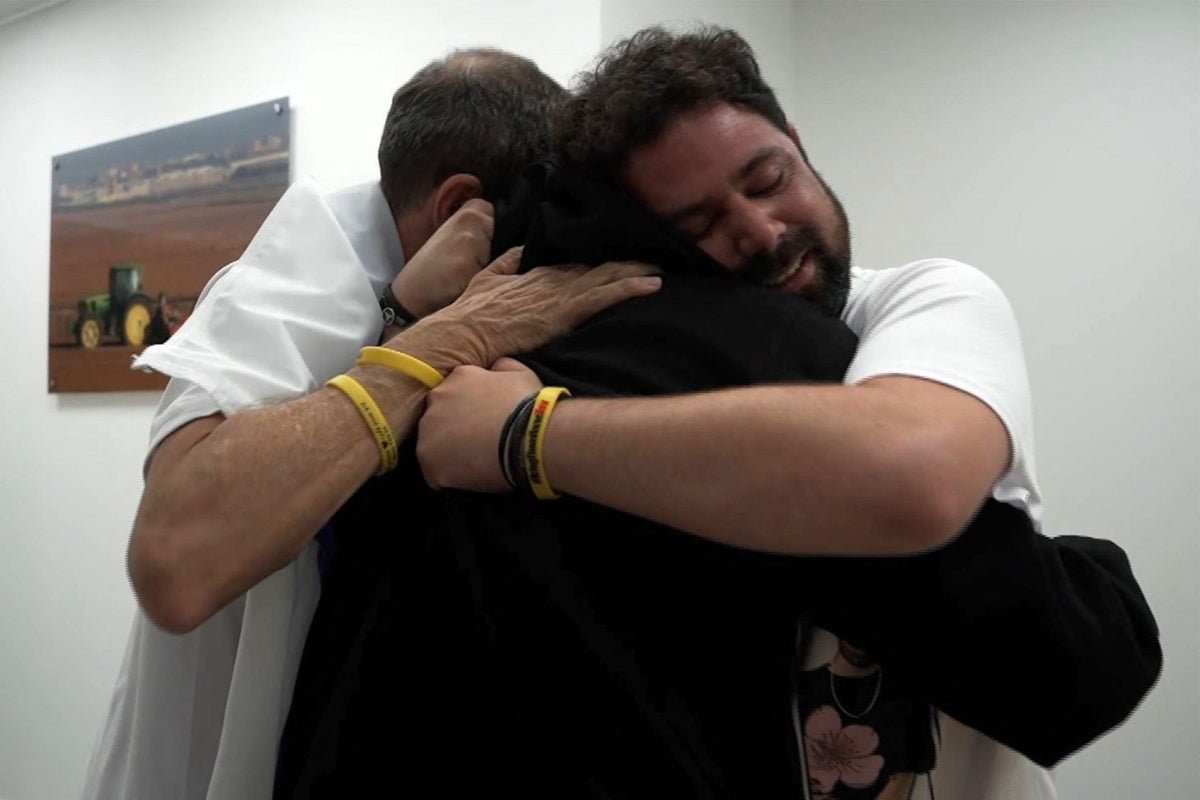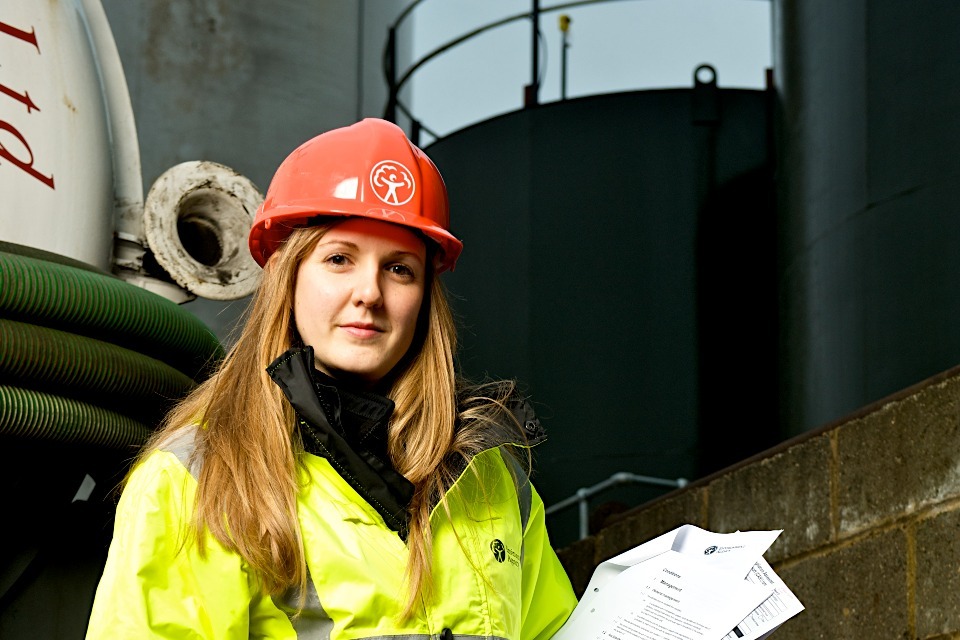With just over four weeks to go, further views are being sought on a consultation on environmental permits to continue decommissioning work at the Winfrith nuclear site in Dorset.
The site is operated by Nuclear Restoration Services Ltd (NRS). It operated between 1959 and 1992 and is now in the final stages of decommissioning. All the buildings will be knocked down and the site will be returned to heathland with public access.
In a first for England, NRS is using our “Guidance on Requirements for Release from Radioactive Substances Regulation,” (GRR) to progress site decommissioning to the next stage. The company has applied to the Environment Agency to vary its Radioactive Substances Regulations permit and for a new permit for non-radioactive waste
-
NRS is proposing to bury some of the demolition waste on site and some of this will be low level radioactive waste. The company is applying to change its Radioactive Substances Regulations environmental permit to allow this.
-
NRS is also asking for a new Deposit for Recovery Environmental Permit to allow it to deposit non-radioactive demolition waste at the site.
The GRR guidance allows operators to leave radioactive and non-radioactive waste on site if it represents the best option after balancing social, economic and environmental factors.
There can be benefits to leaving waste on site such as reduced lorry movements, earlier decommissioning of sites, and it saves space in national disposal facilities for waste that cannot be safely disposed of on-site. NRS must demonstrate these benefits to the Environment Agency.
Sally Coble, Environment Agency Nuclear Regulation Group South Manager, said
We are grateful to those who have already submitted their views about the NRS proposals, and we welcome more feedback before our consultation closes.
We will only vary the radioactive substances permit if we believe that harm to the environment, people and wildlife will be minimised. If the applicant can demonstrate that the varied permit will meet all of the legal requirements, including those for the use of Best Available Techniques (BAT), public radiation dose and wildlife radiation dose, then we are legally obliged to grant the application.
Following the 5 September deadline, we will consider all of the comments received. We will consult again on our likely decision when our assessment process has been completed.
Both the Steam Generating Heavy Water Reactor (SGHWR) and the Dragon reactor, the first experimental high temperature gas-cooled reactor, have large sub-surface structures or basements constructed from reinforced concrete.
NRS plans to demolish all remaining site buildings including the reactor buildings to ground level and to use the demolition wastes produced to backfill the sub-surface structures. An engineered cap will be placed on top of the disposals to prevent rain getting in and this will likely be made from an artificial liner, a thick clay layer and a soil layer.
Some of the floors and walls of the sub-surface structures have low level radioactive contamination and some of the waste that will be used to backfill the structure will be low level radioactive waste.
NRS will not be importing any waste to site from other locations. Only waste from the on-site demolition work will be used to fill the sub-surface structures.
You can have your say by submitting comments on our CitizenSpace consultation pages
Or emailing us at [email protected]
Please use the permit reference numbers if you contact us. All comments must be received by 11.59pm on 5 September 2025.
ENDS
Media enquiries 0800 028 2484
Covering Devon & Cornwall, Wessex and Solent & South Downs.
E-mail [email protected]
Notes to Editors
The Environment Agency’s role in regulating the nuclear industry
-
The Environment Agency is the independent environmental regulator for the nuclear industry in England. We make sure that nuclear power stations and radioactive waste disposal sites meet our high standards of environmental protection throughout the stages of design, construction, operation and decommissioning.
-
Operators of nuclear sites in England must have a permit for radioactive substances activities from the Environment Agency under the Environmental Permitting Regulations 2016 (EPR16). The environmental permits we issue to nuclear site operators contain strict conditions (rules) that they must follow at all times.
-
Our guidance Decommissioning of nuclear sites and release from regulation – GOV.UK
Why we ask for the public’s views
-
We aim to build and maintain confidence in our decision-making processes through our public engagement and consultation.
-
It is our responsibility to make decisions about environmental permit applications for radioactive waste disposal, but we consider that our decisions can be improved through consultation with a wide range of stakeholders.
-
We can all help to protect and improve the environment by being actively involved. Our public participation statement shows how our process is open, transparent and consultative.
-
Our approach to consultation is in line with the government’s published consultation principles. We would like people to understand our role in relation to radioactive waste disposal, what we are doing and why it’s important.


